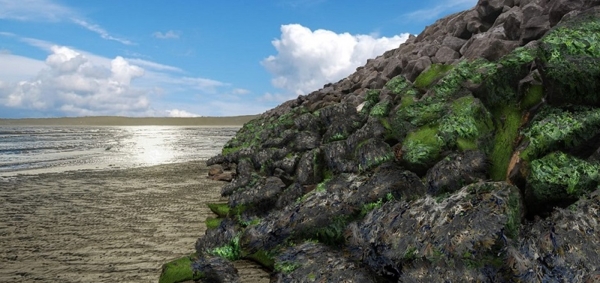Seeing a larger number of species on urban coastlines - from marine animals to seaweed - is likely to improve the wellbeing of local people and visitors, new research from a team at Swansea University has revealed. The findings provide further evidence that biodiversity brings wide-ranging benefits.
Studies of land-based environments such as meadows, woodlands, and city parks have shown that people often find places that contain lots of different types of plant and animal life to be more visually pleasing and interesting, as well as more likely to relieve stress.
However, we know much less about seashore species and whether they generate the same positive feelings that land-based wildlife does, despite almost half of the world’s population living close to the coast.
Anecdotal evidence suggests that people may associate marine life such as seaweeds with unpleasant slimy textures and smells or perceive them to be messy additions to coastlines. As such, having a greater variety of coastal species may not lead to the same positive effects on wellbeing as are observed on land.
Continue reading at Swansea University
Image via Swansea University


